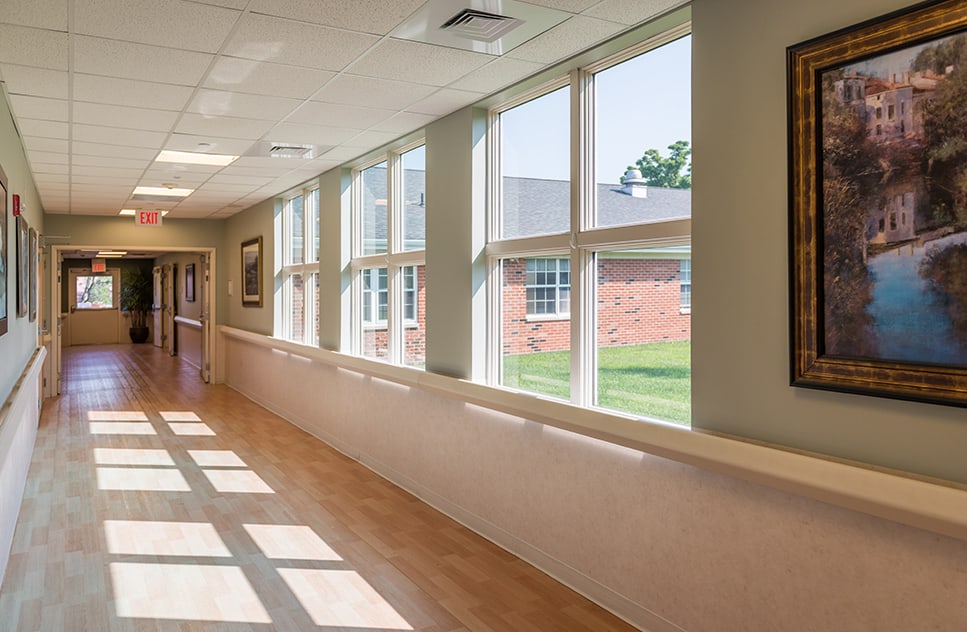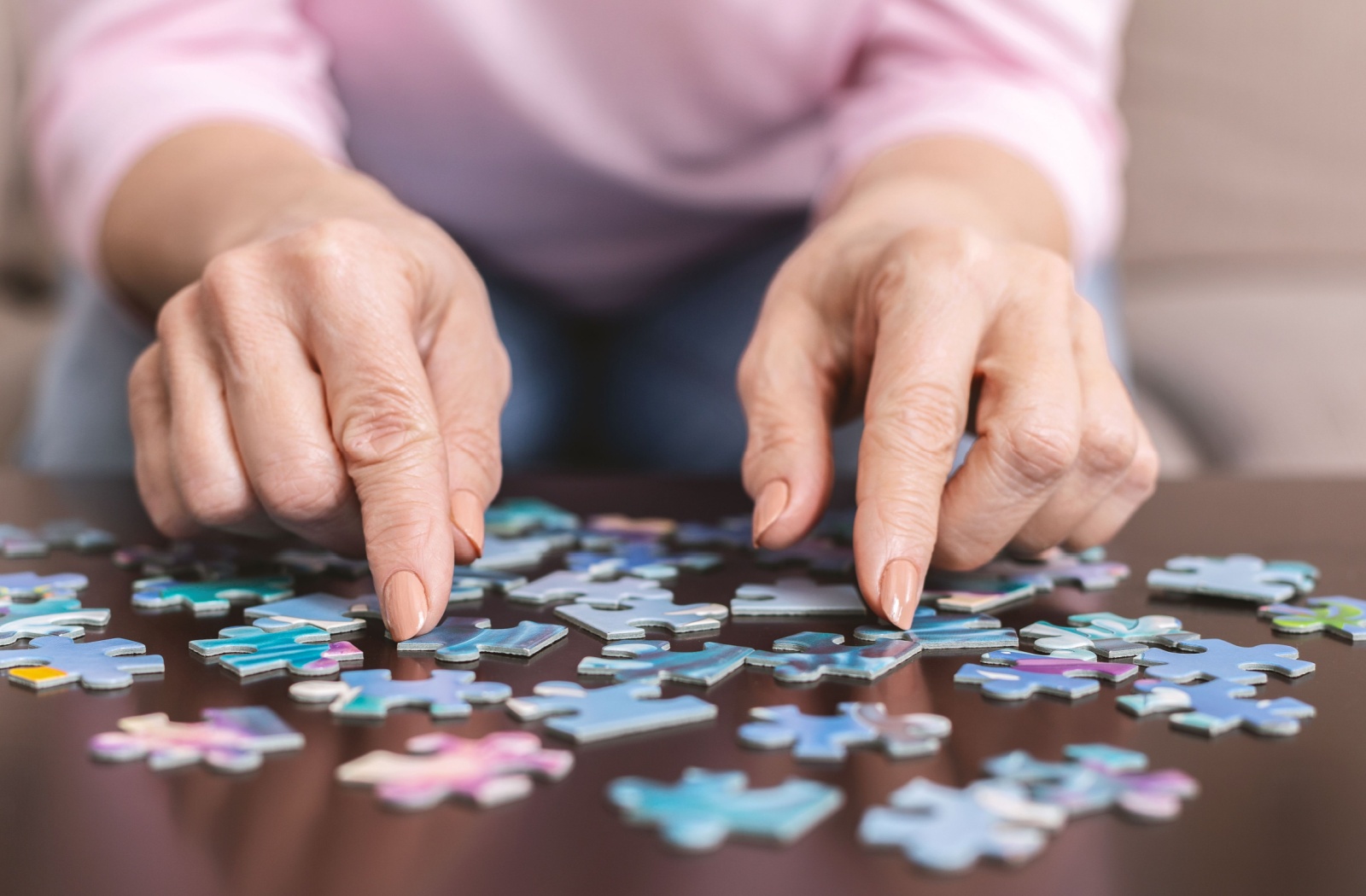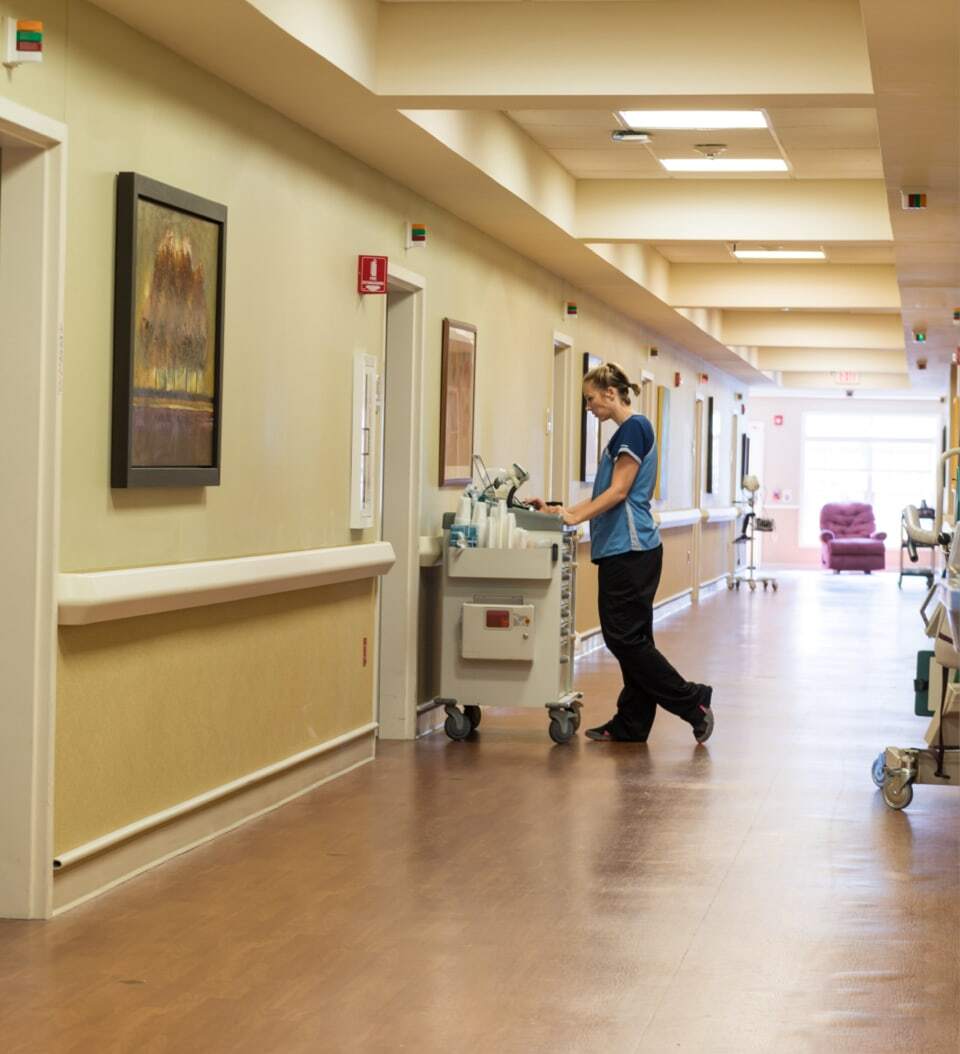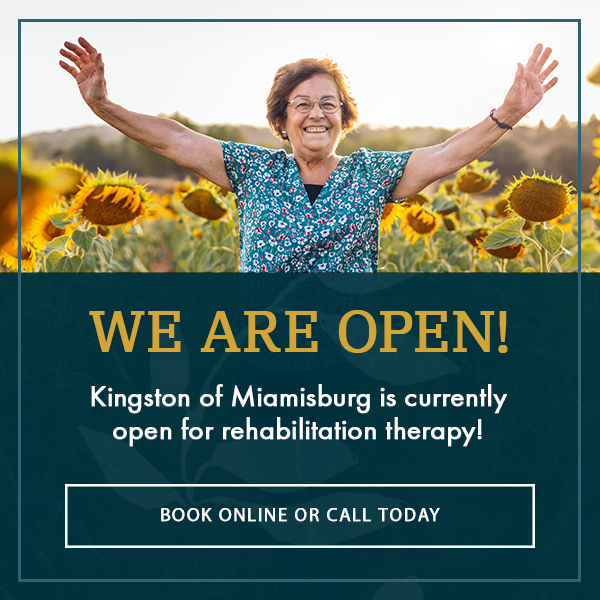A stroke can profoundly impact one’s life, reshaping not only physical abilities but also the way we think and process the world around us. In the aftermath, it’s natural to feel a mix of emotions—fear, frustration, and hope for recovery.
Recovering from a stroke isn’t just about regaining physical strength, it’s also about nurturing your loved one’s well-being. With the right tools and exercises, it’s possible to regain mental strength and cognitive function. Some brain exercises for stroke recovery include:
- Memory games
- Puzzles
- Reading aloud
- Art therapy
- Music therapy
- Arts & crafts
- Brain training apps
The Impact of a Stroke
A stroke occurs when the blood supply to part of your brain is interrupted or reduced, preventing brain tissue from getting oxygen and nutrients. Within minutes, brain cells begin to die, leading to potential disabilities in movement, speech, and cognition.
Brain exercises play a crucial role in stroke recovery. They help rebuild neural pathways and improve cognitive functions like memory, attention, and problem-solving. Engaging in regular mental activities stimulates brain plasticity, which is the brain’s ability to adapt and reorganize itself.
Discover 7 popular and helpful options ahead.
1. Memory Games
Memory games are fantastic tools for enhancing cognitive function. They help improve short-term and long-term memory, concentration, and attention to detail. These games can be both fun and challenging, offering mental stimulation essential for brain health.
Start with simple memory card games where you set out pairs of cards, turn them face-down, and then try to match them by turning them face-up. Gradually increase the difficulty level by using more cards or adding a time limit. As recovery progresses, introduce more complex patterns or try games like Simon. Variations keep the brain continually challenged, promoting ongoing cognitive improvement.
2. Puzzles
Puzzles are excellent for enhancing problem-solving skills and spatial awareness. They engage multiple parts of the brain simultaneously, promoting mental agility.
Start with simple jigsaw puzzles of 100 pieces or fewer. Begin with large-piece puzzles for easier handling and visibility. As dexterity and cognitive function improve, transition to smaller-piece puzzles and more challenging designs.
Focus on the colors and shapes to find matching pieces. Gradually move to more complex puzzles as your skills improve. Other types of puzzles are also beneficial, such as:
- Word searches
- Logic puzzles
- Sudoku
3. Reading Aloud
One frustrating effect of a stroke is reading difficulties, sometimes called “acquired dyslexia.” While reading recovery can be complex, stroke survivors can slowly rebuild their skills by starting small and building up.
Start by choosing an interesting book, article, or poem. Read aloud by sounding out the letters, which can help with word retrieval. Focus on pronunciation and expression. This exercise can be done alone or with a partner for added support and interaction.
4. Art Therapy
Art therapy promotes creativity, self-expression, and emotional healing. Begin with simple drawing or coloring activities. Use various mediums like pencils, paints, or clay to explore different textures and techniques. The goal is not to create a masterpiece but to enjoy the process and stimulate brain activity.
By engaging multiple brain areas, art therapy can help improve fine motor skills, hand-eye coordination, and cognitive function.
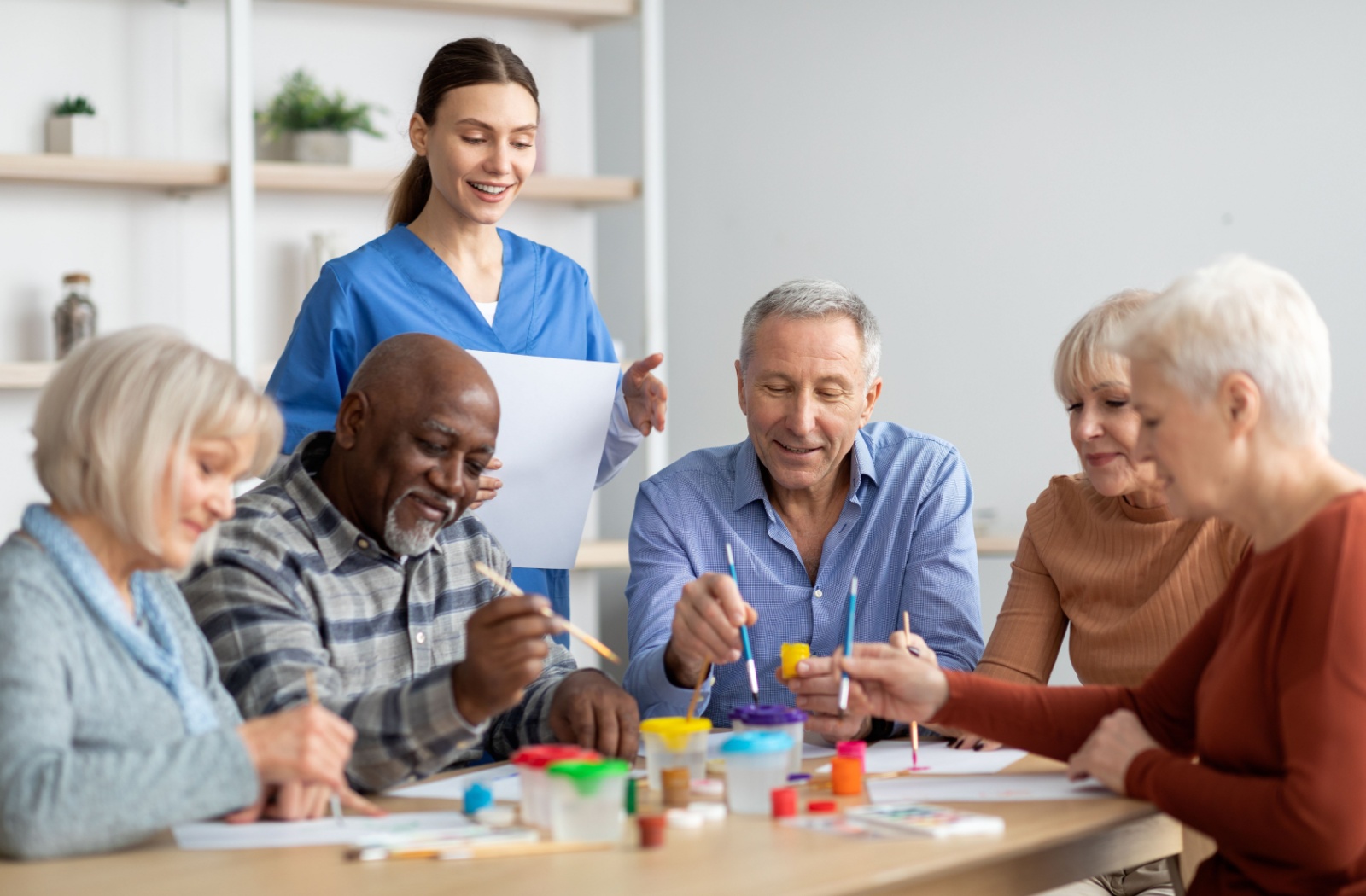
5. Music Therapy
Engaging with music—whether listening or playing—can boost memory, language skills, and emotional well-being. About one-third of people who have had a stroke experience aphasia, a sudden loss of the ability to communicate.
While aphasia can affect everything from speaking to understanding language, studies have indicated that stroke survivors who listen to music with lyrics recover faster than those who listen only to audiobooks or instrumental music.
6. Craft Making
Most craft projects can enhance fine motor skills and provide a sense of accomplishment. Select an art or craft project that interests your loved one. This could include activities like knitting, pottery, card making, or simple DIY projects.
Begin with basic projects to build confidence and gradually move to more complex tasks as skills improve. For those in the early stages of recovery, start with simple and large-scale activities like collages using pre-cut shapes. As dexterity and cognitive abilities increase, transition to more intricate projects like beading, sewing, or even woodwork.
It’s possible to accommodate varying skill levels by adapting tools and materials, such as using larger needles or softer clay. The key is to focus on the process and enjoyment rather than perfection.
7. Brain Training Apps
While you should be wary of any program that makes big claims about its effectiveness, brain training apps can offer an engaging way to improve cognitive function—all from a portable tablet. They provide a variety of exercises designed to enhance memory, attention, problem-solving, and other cognitive skills.
Download a reputable brain training app and set aside dedicated time each day to complete a few exercises. Many apps offer different difficulty levels to accommodate varying abilities. Some popular apps include Lumosity or Elevate, but if you’re ever in doubt, talk to your doctor for recommendations.
Start the Path to Recovery with Kingston HealthCare
Consistency is key to recovery. Incorporate brain exercises into your daily routine to ensure regular practice. Balance cognitive exercises with physical activity and rest. Overexertion can lead to fatigue, which may hinder recovery. Listen to your body and adjust your routine as needed to maintain a healthy balance.
Recovering from a stroke is a challenging but achievable goal with the right tools and support. By incorporating these seven brain exercises into your daily routine, you can enhance cognitive function, improve overall brain health, and make significant strides in your recovery.
If your loved one needs personalized assistance, don’t hesitate to reach out to our skilled team of rehabilitation experts at Kingston of Miamisburg. Together, we can help your loved one make strides toward their recovery goals.
